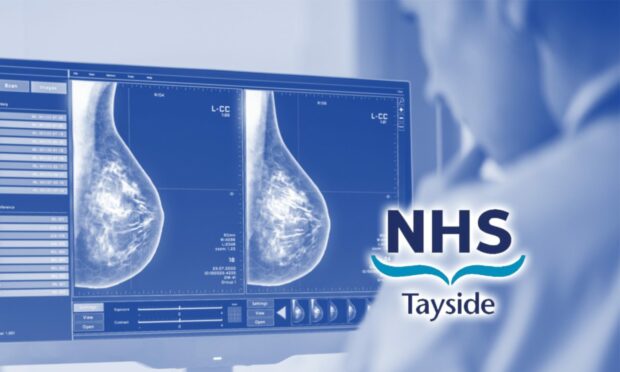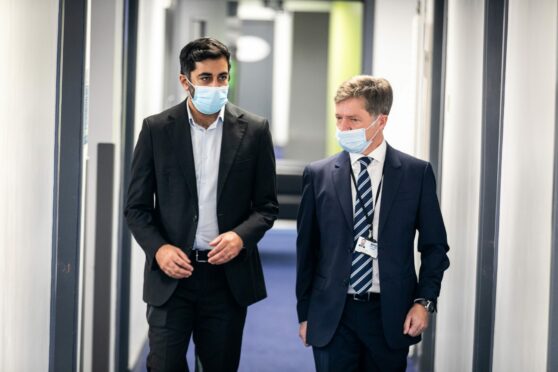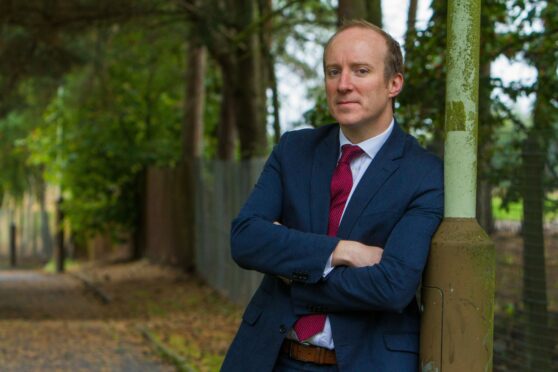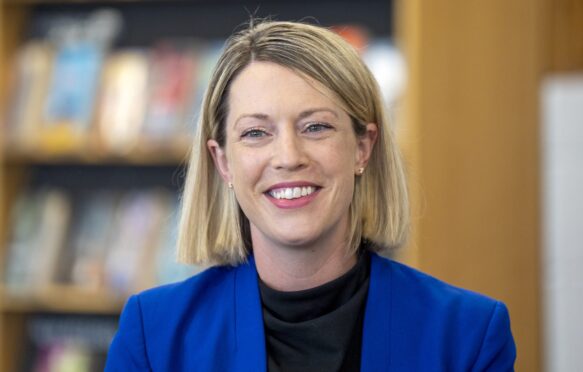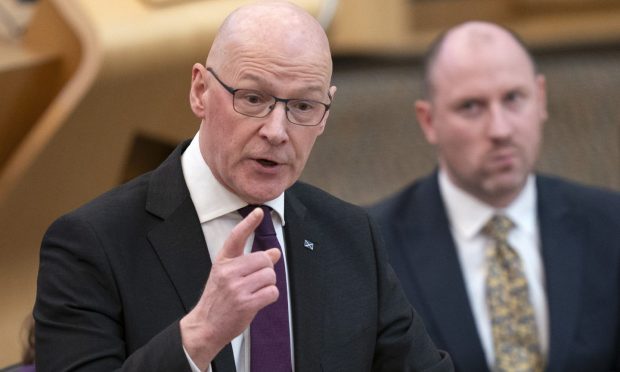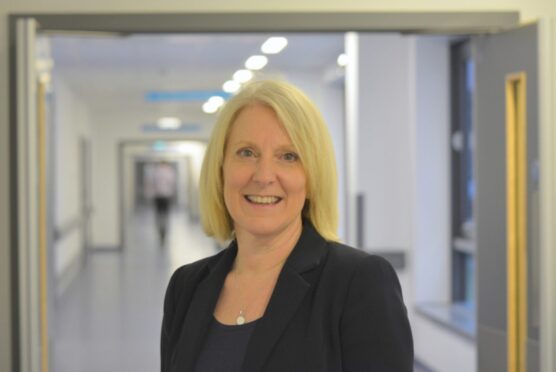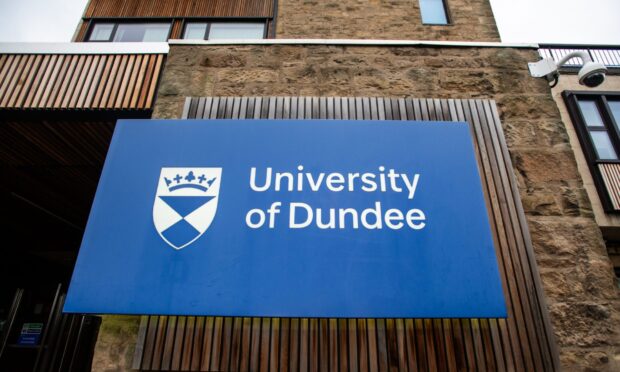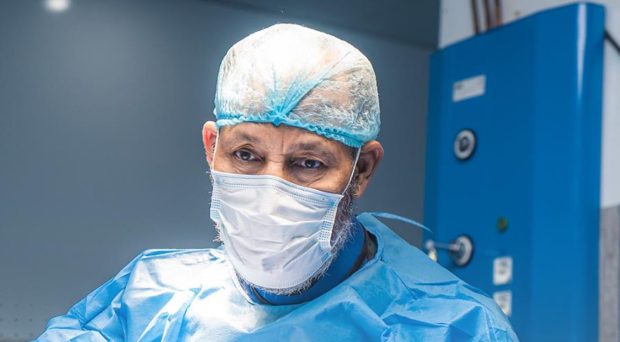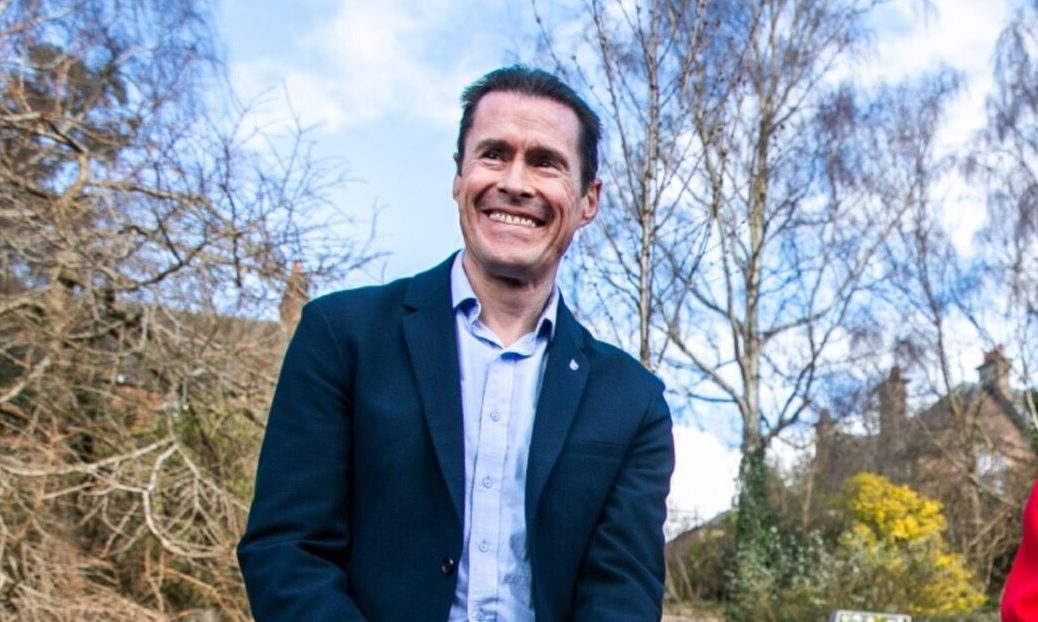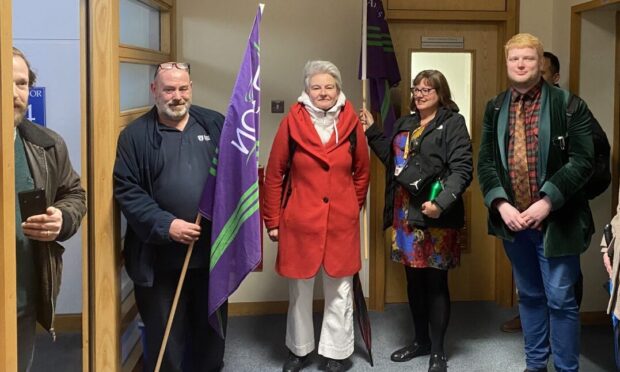A new report into an NHS Tayside breast cancer scandal has called for the health board safety committee to investigate the cases of two patients given “inappropriate” chemotherapy treatment.
The Royal College of Physicians looked into the case notes of 24 women and noted that on 11 occasions they were given lower doses of drugs “without a clear rationale documented”.
The review panel graded seven cases as “poor care” while two in particular were highlighted as “unsatisfactory”.
In one instance, a patient was “prescribed an inappropriate drug regime with respect to their age and clinical presentation”.
Complications were ‘avoidable’
The panel felt significant complications in her care “were potentially avoidable if the appropriate regimen was considered in the first instance”.
The report notes: “The review team felt that the adjuvant prescribing was inappropriate and that the case should be reviewed by the health board safety committee and be subject to ‘duty of candour’ if not already conducted.”
In another case, a patient incorrectly received a higher dose of a drug but this was “promptly corrected” by the doctors.
The review was ordered after a previous one was pulled over a conflict of interest in the investigating panel.
The findings raise further questions over investigations into the breast cancer scandal in Tayside.
The latest review appears to contradict previous probes by NHS Tayside, the General Medical Council and the Scottish Government’s former senior medical officer for oncology, Dr David Dunlop.
What did the report say on consent?
The investigating panel noted “variation in the quality of consent forms completed” and found at least one instance where it said informed consent had not been gathered.
In his own review of case notes in Tayside, Dr Dunlop said he had “found no evidence of anything other than exemplary practice around consent and communication”.
The GMC also cleared the Tayside consultants of any wrongdoing on consent, as did internal reviews by the health board.
The new report references concerns by a number of leading experts about claims of a 1% to 2% increased risk to patients set out in a government-backed paper.
Our own investigations uncovered that no methodology was ever given for establishing this specific increased risk and that one of its authors admitted in private correspondence that it is “flawed probably”.
The Royal College of Physicians made no comment on whether it agrees with the increased risk claim.
Report ‘raises further questions’
North East MSP Michael Marra said the report “only raises further questions over the crisis that has unfolded in Tayside’s breast cancer service”.
He added: “The conclusions reached contradict previous reports and there is a still a vacuum where a clinical evidence base is needed.
“The worry is that this exercise, rather than resolving the situation, could lead to further deterioration as clinicians express bewilderment and dismay at the board’s handling of the crisis.”
‘Resign’
Meanwhile, Strathallan councillor Dr Crawford Reid, a former non-executive board member of NHS Tayside, described the document as “yet another flawed report”.
He repeated his call for the NHS Tayside board to resign over the scandal.
It comes more than three years since it was first revealed that nearly 200 breast cancer patients in Tayside were unknowingly given lower doses of chemotherapy drugs.
The consultants involved say they reduced the amount to lessen the harmful side effects of a treatment they argue was “unacceptably toxic” at the stronger dose.
NHS Tayside confirmed it has accepted in full the recommendations in the RCP report, adding that clinical teams are developing an action plan in response.
The health board said the cancer team has delivered “significant improvements” since the February 2020 of of reporting period.
It said this included changes to leadership, consenting process and clinical governance.
